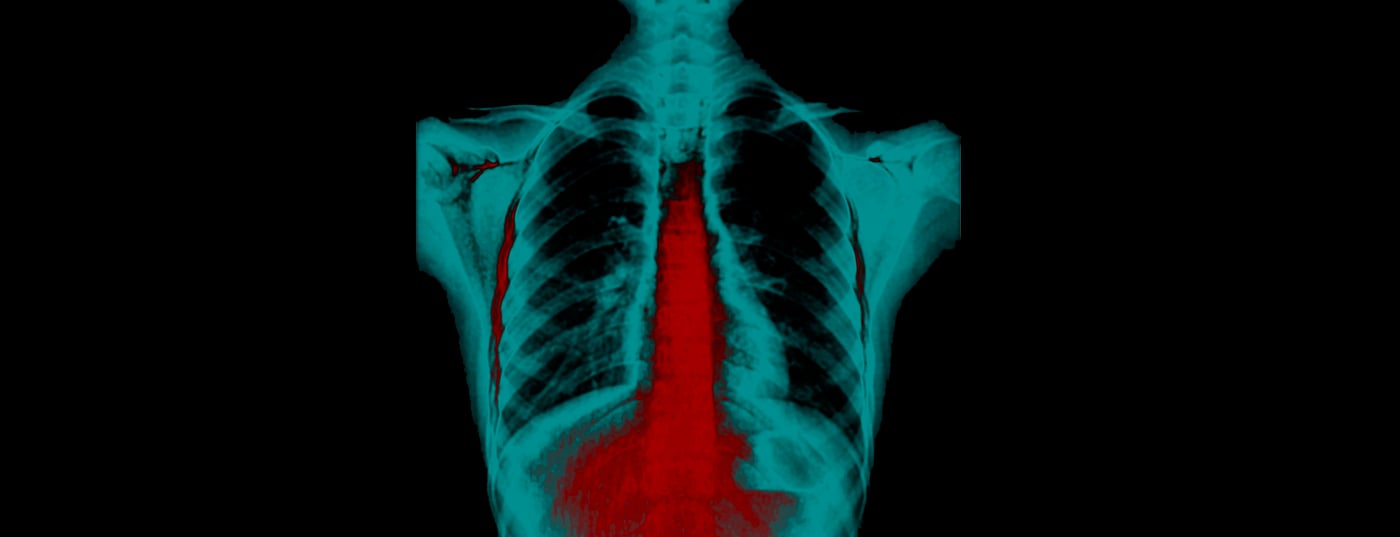PPI therapy for GERD does not result in adequate symptom control in some patients. Add-on treatment could help.
Gastroesophageal reflux disease (GERD) affects up to 20% of all people in Western industrialized countries. Guideline-guided treatment with PPI is particularly aimed at good symptom control, cure of reflux esophagitis, and prevention of complications. However, even with PPI therapy, residual symptoms persist in 20% of GERD patients.
A 14-day prospective observational study now demonstrated a therapeutic benefit of add-on therapy with alginate. The herbal substance acts physically by forming a protective layer on the acid pocket in conjunction with stomach acid; this is formed in the upper stomach area after meals and serves as a reservoir for acid reflux. It works within five minutes, lasts up to four hours and may also be taken during pregnancy.
Add-on alginate recommended
The study included 153 GERD patients who were 57 years old on average, had suffered from chronic GERD for eight years, and had been on continuous PPI therapy for six. Depending on their needs, the study participants took an average of three sachets per day. Compared with baseline, this add-on therapy was reflected in an increase in treatment satisfaction by at least one level of the five-point Likert scale in 72% after fourteen days. 23% were similarly satisfied to when they started add-on therapy, while 5% reported decreased satisfaction. Furthermore, it was shown that 81% of patients with a GERDQ score >8 benefited from the additional administration of alginate.
The substance also had an influence on how frequently typical reflux symptoms occurred. Whereas 56% of patients had previously complained of heartburn on 4-7 days, only 19% did so shortly before the study was completed. Regurgitation and sleep disturbances occurred two to four times less frequently. In light of these findings, the study investigator believes that add-on therapy with alginate, in addition to continuous therapy with PPI, is a reasonable adjunct to achieve adequate symptom control and a higher quality of life for patients.
>Tip: If you want to learn more about facets of GERD, you can read about various reflux cases at Reflux Update.
HAUSARZT PRAXIS 2019; 14(5): 8











